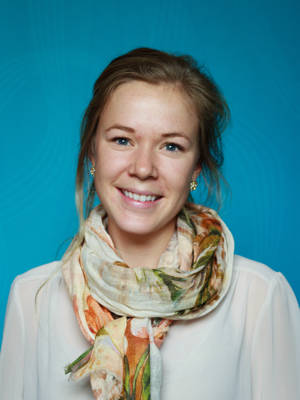The new 'Business for Peace' (B4P) paradigm promotes multinational corporations in conflict zones and fragile post-conflict environments as an alternative to traditional development aid, supported by the Norwegian Ministry of Foreign Affairs and the Norwegian Agency for Development Cooperation. While B4P's positive impact through economic opening and Corporate Social Responsibility is assumed, emerging research suggests that corporate presence can instead exacerbate conflict dynamics in certain settings. It is essential to assess B4P's impact today, not only as B4P allocates substantial Norwegian (and international) funds to support corporate expansion into volatile environments, but because B4P is about to be standardized throughout all multilateral aid activities per the UN Global Compact B4P platform and the UN's 'Delivering As One' mandate.
To understand how and where B4P can succeed, our core research question asks: how does international support of corporate activities in volatile environments influence political, economic, and social dynamics of peace and development? PRIO along with the Nordic Africa Institute (Sweden) will operationalize this question through two work packages: (1) investigating the business motivations and developmental logics underpinning the emergence of B4P; and (2) investigating the local impact of expanded corporate activities under B4P in volatile environments in four country cases: the DRC, South Sudan, Myanmar, and Somalia. Case research will be executed together with local partner institutions, complementing our team's previous field experiences with new situated knowledge. A third work package translates insights from (1) and (2) into an aggregate analysis and toolkit for forward application by policymakers, academics and engaged publics. A high-level reference group has been assembled from across academia, policymakers and the business community to encourage the production of findings that truly speak to engaged parties.









